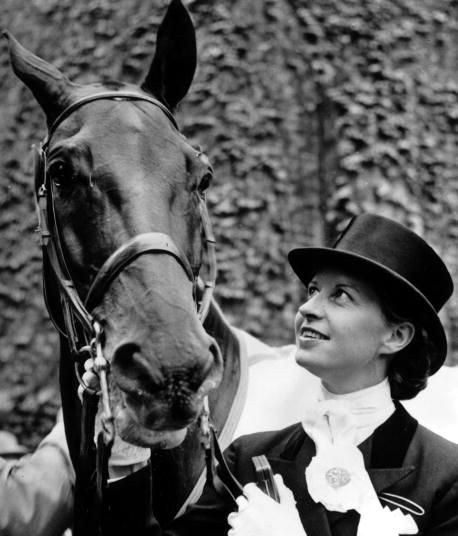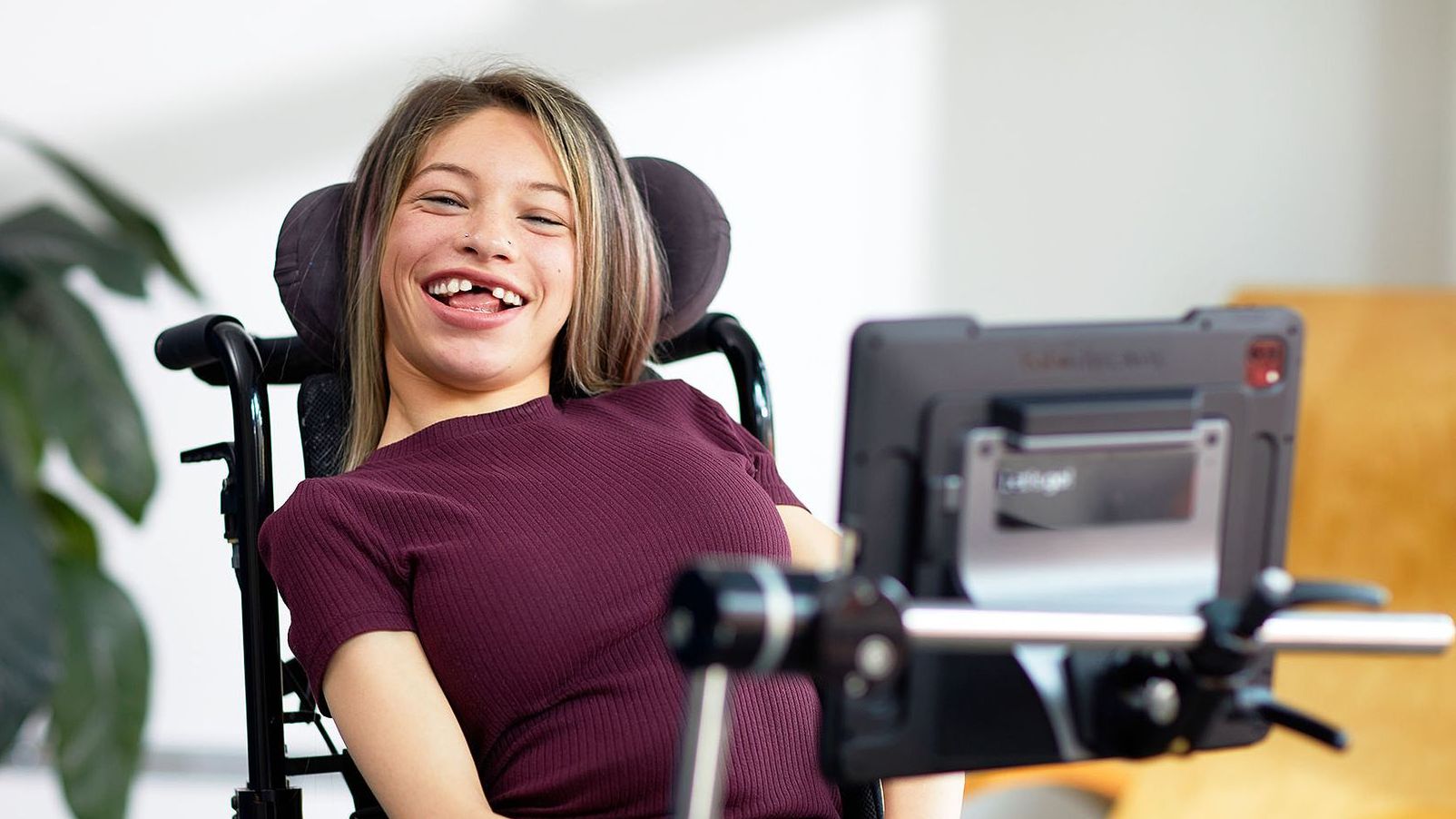Hippotherapy is a type of therapy that uses horses as a therapeutic tool to help individuals with various physical, emotional, and cognitive challenges. It is typically conducted by licensed occupational therapists, physical therapists, or speech-language pathologists who have received specialized training in hippotherapy techniques through an accredited, regulatory body. Riding a horse has a wealth of physical and cognitive benefits throughts provision of movements that mimic the human gait pattern. This can help improve balance, coordination, muscle strength, and flexibility. The rhythmic movement of the horse also stimulates sensory input and promotes postural control among many others.
Interacting with horses can have a calming and soothing effect on participants. The bond formed between the rider and the horse can boost confidence, self-esteem, and motivation. Sessions often provide a positive and enjoyable experience, reducing stress and anxiety while stimulating social connection with therapists, volunteers, and most importantly, other riders. This social environment can help participants develop communication skills, social skills and emotional regulation methods when in public spaces. Depending on the participant's goals and needs, hippotherapy can be tailored to target specific areas such as speech and language development, fine motor skills, gross motor skills, cognitive development, and sensory processing.








